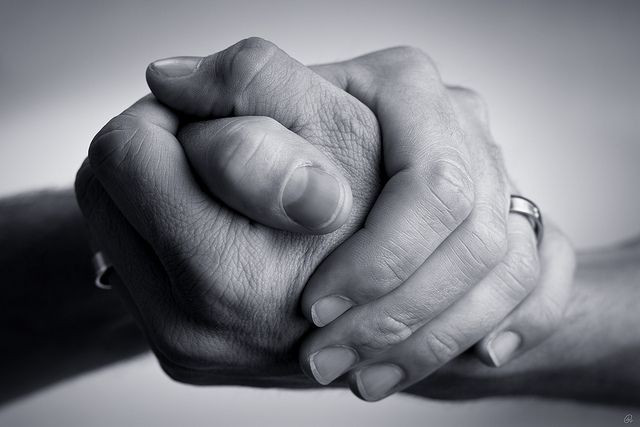The Science Of Generosity: Giving Back Boosts Physical Health, Relationships

Every day, we’re confronted with the question, “should we be generous?” whenever we’re asked to make donations or give the homeless spare change. Spending money on others can boost feelings of warmth and happiness, but can it also boost our health? According to a study to be published in the journal Health Psychology, spending money on others can improve our physical health by lowering our blood pressure.
In an article for The Conversationalist, Ashley Whillans, author of the study, and her colleagues from the University of British Columbia, noted most research available has focused on the health benefits of volunteering one’s time, not necessarily one’s money. For example, a 2013 study found older adults who volunteered at least four hours per week in the 12 months prior to the baseline blood pressure measurement were less likely to develop high blood pressure for four years. Here, thinking about time led people to prioritize social connections, but can thinking about money lead people to distance themselves from others?
“It remains unclear whether the benefits of generosity extend to donating money. Our latest work provides the first empirical evidence that this decision might also have clinically relevant implications for physical health,” wrote the researchers.
The most recent study was conducted to determine the effect spending money on others has on the heart health of older adults diagnosed with high blood pressure. A total of 128 adults, between the ages 65 to 85, were given $40 a week for three weeks. Half of the participants were randomly assigned to spend the money on themselves, and half were told to spend it on others. The participants had to spend their $40 payment all in one day and were asked to save the receipts from the purchases they made.
Blood pressure was measured before, during, and after the participants spent their payments. The researchers chose to examine blood pressure, because it could be measured reliably in the lab, and it’s a significant health outcome.
The findings revealed participants who were previously diagnosed with high blood pressure and spent money on others experienced a significant reduction in their blood pressure throughout the study. Meanwhile, the participants who were previously diagnosed with high blood pressure and assigned to spend money on themselves did not experience changes in their blood pressure levels. Those who did not have high blood pressure in the study did not benefit from spending money on others.
The researchers compared the effects of spending money on blood pressure to other heart health interventions. “Critically, the magnitude of these effects was comparable to the benefits of interventions such as anti-hypertensive medication and exercise,” wrote the researchers about effect of generosity and high blood pressure.
Moreover, the effect was greater when the participants spent their money on those they felt closest to. For example, the first participant in the study was a war veteran. He donated his payments to a school built in honor of a friend he had served with in the Vietnam War.
It remains unclear about how or how much people should spend on others to enjoy long-lasting benefits. The researchers suggest to sustain the health benefits of financial generosity, it may be necessary to engage in various acts of financial generosity, while prioritizing people we’re closest with.
The impact of generosity on physical health, especially for older adults, could be due to a boost in self-esteem and protection from social isolation. A 2012 study found loneliness is a risk factor for premature death in a population of 55 years and older. Feeling lonely and isolated from others is known to lead to less rest, raise blood pressure, increase depression, and even lower the overall feeling of a living a meaningful life.
It’s important to remember financial generosity is only beneficial when it does not lead to overwhelming personal costs.
In other words, it’s better to give than to receive if it’s within your means.
Sources: Whillans AV, Dunn EW, Sandstrom GM et al. Prosocial Spending & Health. Health Psychology. 2015.
Sneed RS and Cohen S. A prospective study of volunteerism and hypertension risk in older adults. Psychology and Aging. 2013.
Luo Y, Hawkley LC, Waite LJ et al. Loneliness, Health, and Mortality in Old Age: A National Longitudinal Study. Soc Sci Med. 2012.



























